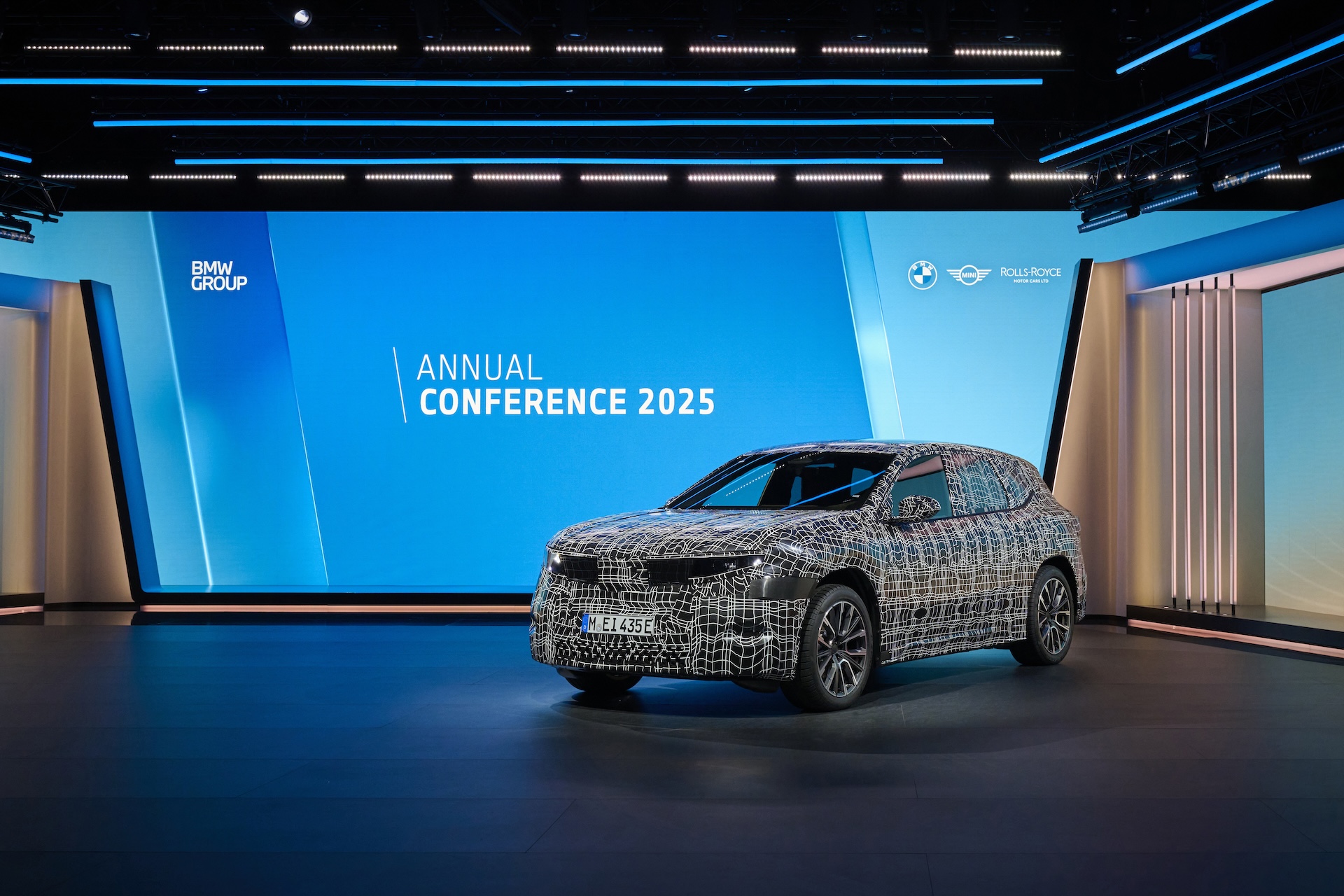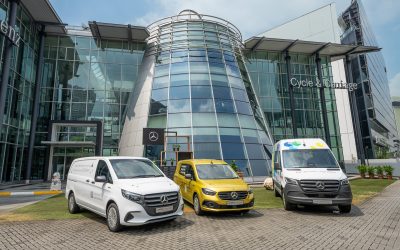As the automotive world accelerates into a future defined by electrification, digitalisation, and sustainability, BMW is making bold moves to stay ahead.
The BMW Group Annual Conference 2025 set the stage for what’s next, highlighting a commitment to growth, innovation, and a new model line-up.
Despite economic uncertainties and evolving global market conditions, BMW is entering 2025 with confidence. The company is targeting slight growth in sales volume while maintaining a strong financial position.
“What sets BMW apart is our ability to stay on course, even in challenging times. We are focused on performance today while preparing for the future.”
Oliver Zipse, Chairman of the Board of Management, BMW AG
The main focus of this strategy is NEUE KLASSE, the brand’s most ambitious project yet. The first production model, the BMW iX3, will launch at the end of 2025, paving the way for a roll-out of over 40 new and updated models across all drivetrain variants by 2027.
From internal combustion to plug-in hybrids, full-electric, and even hydrogen fuel-cell vehicles, BMW is embracing a technology-open approach, offering customers a range of options without locking them into a single solution.

In 2024, battery-electric vehicles (BEVs) remain the fastest-growing segment for BMW, with the brand delivering over 426,000 BEVs in 2024, a 13.5% increase from the previous year. With fully electric offerings now spanning every major segment, BMW is well on track to surpass the milestone of 1.5 million fully electric cars on the road by the end of 2025.
Plug-in hybrids (PHEVs) remain a key pillar in the company’s electrification strategy, offering an electric range of over 100km. Combined, BMW sold nearly 600,000 electrified vehicles (PHEVs and BEVs) last year, meaning almost one in four BMWs sold today is at least partially electrified.
Hydrogen fuel-cell technology is back on the agenda, with the brand set to launch its first hydrogen-powered production model in 2028. Developed in collaboration with Toyota, this new fuel-cell BMW will be another stepping stone towards a truly diverse range of drivetrain options.
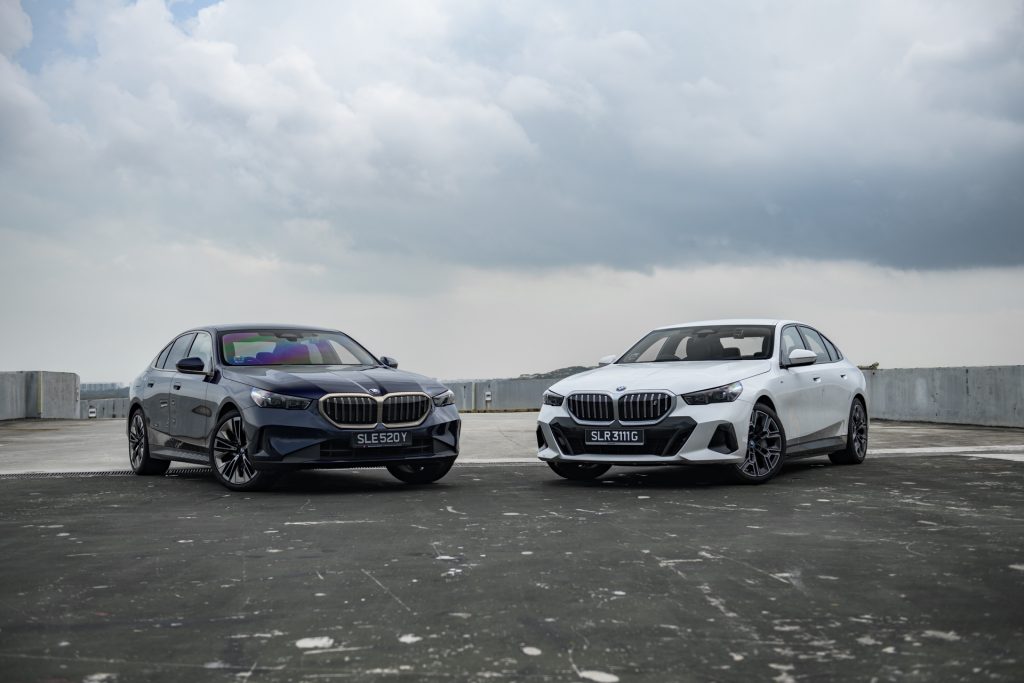
On the topic of digital technologies, BMW is going all-in on software-defined vehicles. The brand has developed a new digital nervous system, consolidating the vehicle’s electronic architecture into just four high-performance computing zones, making the system ten times faster than before. This upgrade allows over-the-air software updates to roll out with added efficiency.
One of the standout innovations is BMW Panoramic iDrive, which reimagines the driver-vehicle interface. A full-width windscreen display, paired with a 3D head-up display and AI-powered voice assistant, ensures that essential information is integrated seamlessly without overwhelming the driver.

Efficiency has long been a buzzword in the automotive industry, but BMW is taking it to the next level. The new sixth-generation BMW eDrive technology promises 20% higher energy density, 30% faster charging, and at least 30% more range compared to previous generations.
By integrating round battery cells and an 800-volt system, BMW aims to cut battery costs by 40-50%, making electric mobility more accessible without compromising performance.
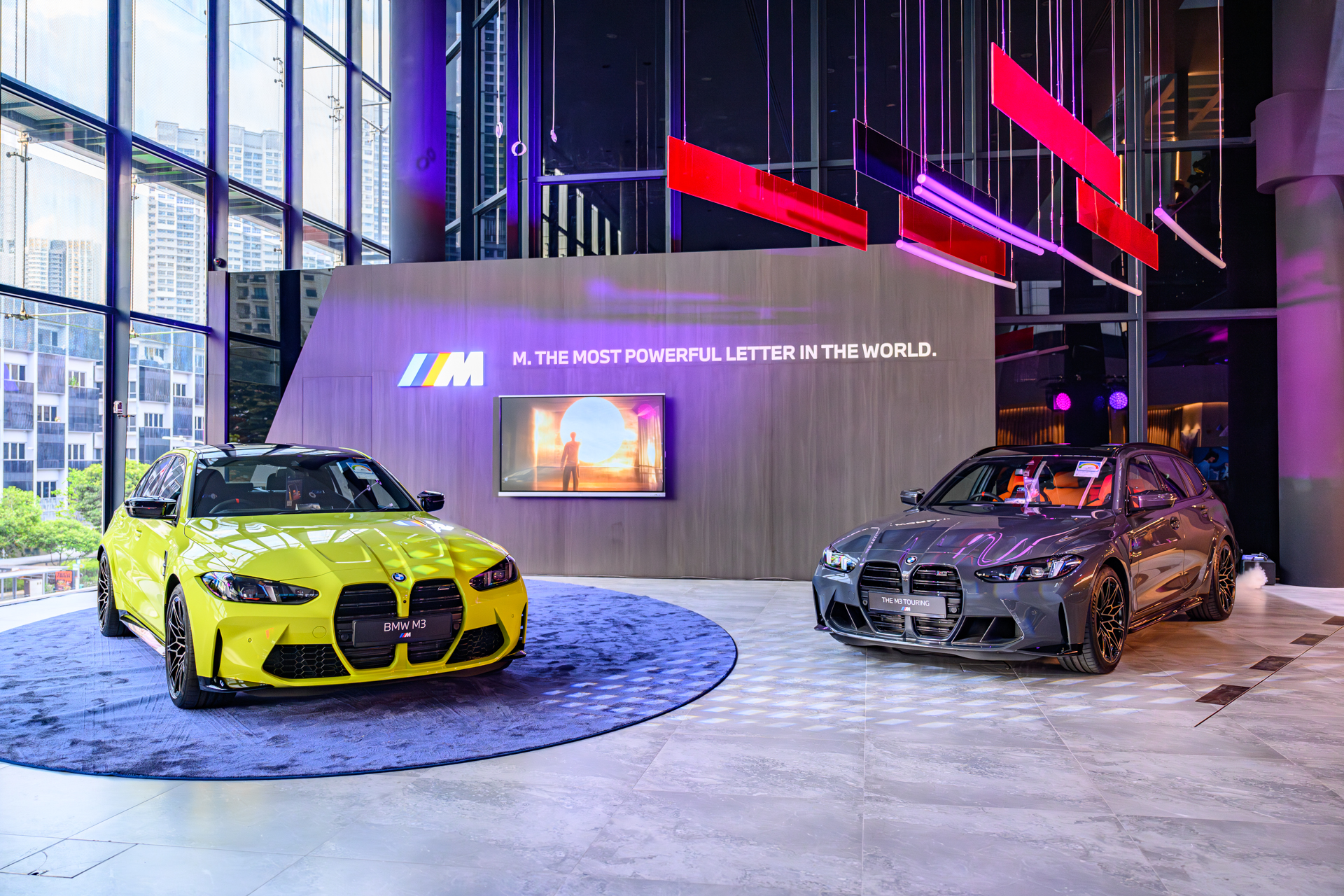
Sustainability also extends to BMW’s internal combustion engines, which continue to evolve. In 2024 alone, the brand introduced over 15 new or updated combustion models, all of which are now compatible with higher percentages of renewable fuels.
With over 250 million cars still on the roads in Europe alone, BMW acknowledges that reducing the carbon footprint of existing vehicles is just as critical as transitioning to electric.
While BMW’s financials saw some turbulence in 2024 (largely due to supply chain challenges and a slow Chinese market) the company remains financially strong. Despite a 35.8% drop in earnings before tax (EBT) to €10.97 billion, the brand maintained a high payout ratio of over 36%, rewarding shareholders with dividends even in a challenging market.
What’s Next for BMW?
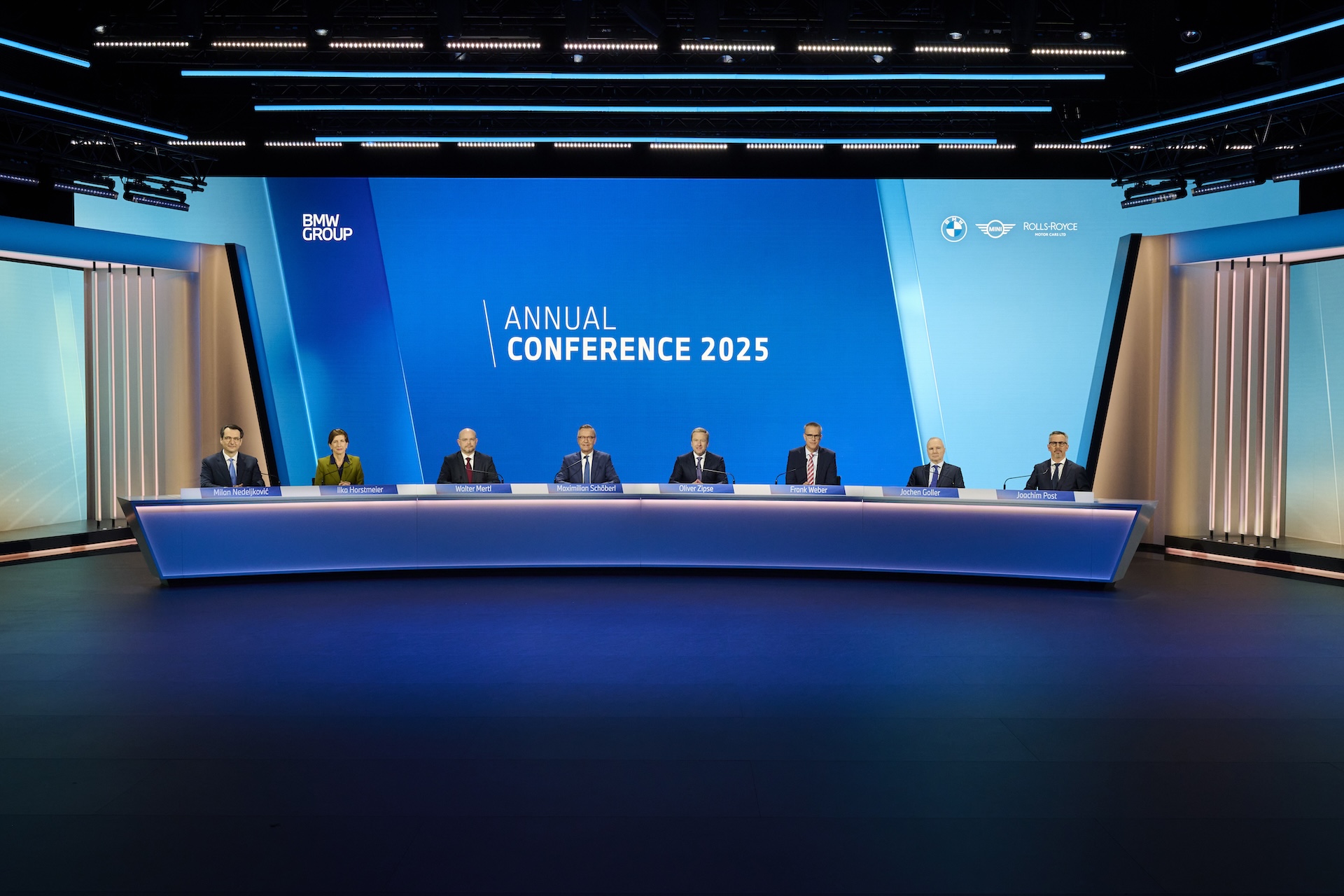
Looking ahead, BMW expects a slight increase in overall sales for 2025, with a higher share of electric vehicles in its lineup.
While challenges such as rising tariffs and global economic uncertainties persist, BMW’s diversified approach spanning EVs, PHEVs, hydrogen, and high-efficiency combustion engines gives it the flexibility to navigate shifting market conditions.
Read more automotive news at AutoApp, or check out our latest videos on YouTube and on TikTok!

